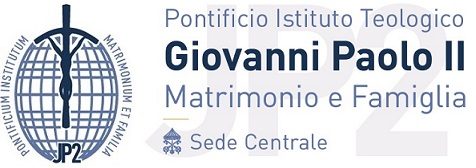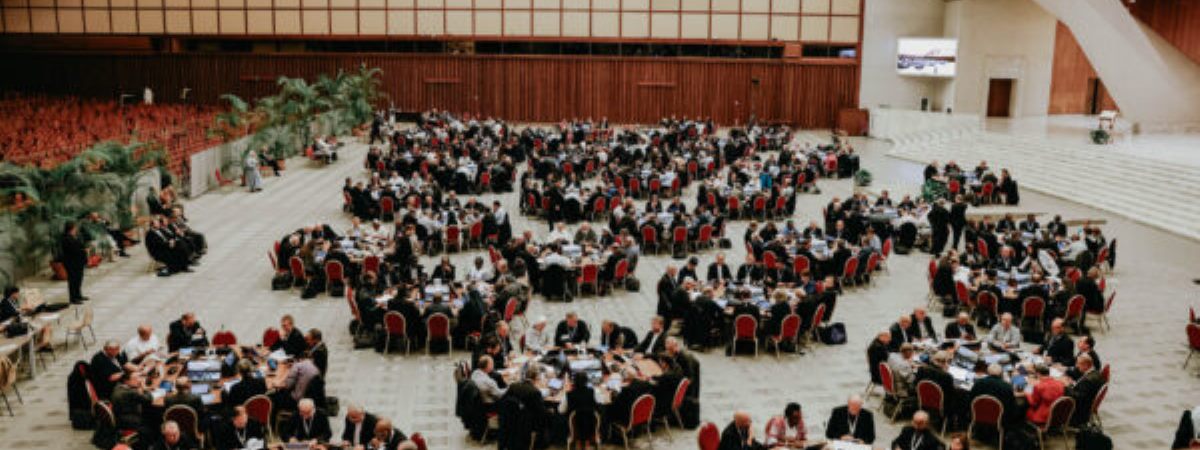
Es ésta una pregunta que algunas personas nos hacen cuando nos llegan a conocer. Ciertamente, el fundador de los Misioneros del Sagrado Corazón no es santo en el sentido de que esté canonizado. Se están llevando con paciencia los trámites para que un día sea oficialmente reconocido como tal. Pero, por ahora, nos tenemos que contentar con creer que “santo” es todo persona que vive unida a Cristo, en “gracia de Dios” decían nuestros mayores, esté viva entre nosotros en el tiempo o muerta que es estar viva en la eternidad. San Pablo, en alguna de sus cartas, llama “santos” a los que siguen a Cristo viviendo unidos a Él: “Saludad… a todos los santos que están con ellos” (Rom 16,15). “Os saludan todos los santos, especialmente los de la casa del César” (Flp 4,21-22. Cfr. 1Co 16,15; 2Co 13,12).









